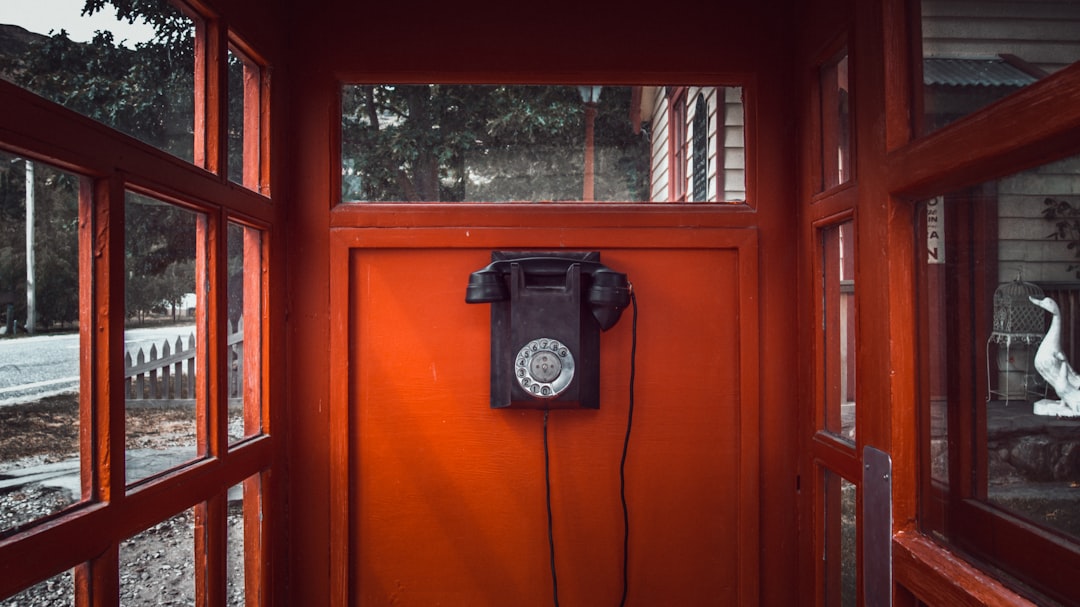Nevada's strict Spam Call laws protect residents from deceptive charity solicitations. Las Vegas charities must register and disclose fund usage to avoid fines. Donors have rights to refuse calls, verify charities, and report persistent unsolicited calls for action. A Nevada Spam Call law firm ensures compliance and protects both parties' legally guaranteed rights.
In Las Vegas, charity solicitation calls are a common occurrence but also a subject of legal scrutiny. Understanding the regulations governing these calls is crucial for both charities and potential donors. This article guides you through the intricacies of charity solicitation laws in Nevada, clarifies what constitutes a spam call, outlines the rights of stakeholders, and provides a step-by-step process to file complaints against violators. Additionally, it explores the legal consequences for non-compliance, offering valuable insights for both organizations and individuals from a Spam Call law firm in Nevada’s perspective.
Understanding Charity Solicitation Laws in Nevada

In Nevada, charity solicitation calls are regulated by the state’s consumer protection laws, with specific guidelines aimed at ensuring fair practices in fundraising activities. The Spam Call law firm Nevada often comes into play here, as it provides a framework for individuals and organizations conducting charitable solicitations over the phone. These laws mandate that charities obtain proper registration and disclosure requirements before making such calls, allowing donors to make informed decisions.
Charities must provide clear information about their identity, the purpose of the call, and how donated funds will be utilized. Failure to comply with these regulations can result in legal consequences, including fines. Nevada’s consumer protection measures are designed to protect residents from deceptive or harassing practices during charity solicitations, ensuring a transparent and ethical fundraising environment.
What Constitutes a Spam Call in Las Vegas

In the vibrant and bustling city of Las Vegas, charity solicitation calls are a common occurrence, but it’s essential to understand what constitutes a spam call to ensure your rights as a resident of Nevada. According to state laws, a spam call is defined as an unsolicited telephone call made for commercial purposes, including fundraising or charitable solicitations, without the prior express consent of the called party. This means that if you have not given permission for your number to be contacted by charity soliciters, any such calls can be considered illegal spam.
Nevada’s Spam Call law firm ensures that charitable organizations and solicitors adhere to these regulations, protecting residents from unwanted and intrusive phone calls. By understanding your rights, you can take proactive measures to stop spam calls and maintain a peaceful environment in your home.
Rights of Charity Seekers and Donors

In Las Vegas, both charity seekers and donors have rights that must be respected under the state’s Spam Call laws. Charity organizations are allowed to make solicitation calls, but they must adhere to strict guidelines designed to protect consumers. Donors have the right to refuse any further contact from a charity without fear of reprisal or pressure tactics. They can also request verification of the charity’s legitimacy and ask for details about how their donations will be used.
The Nevada Spam Call law firm plays a crucial role in ensuring these rights are upheld. They assist both parties, offering legal advice to charities on compliant solicitation practices and protecting donors from aggressive or deceptive calls. By understanding their rights, both charity seekers and donors can navigate the process with confidence, knowing they are protected under the law.
How to File a Complaint Against Violators

If you’ve received unwanted charity solicitation calls in Las Vegas, knowing your rights and how to file a complaint is essential. The state of Nevada has laws in place to protect residents from spam calls, including those from charitable organizations. If you believe a charity or their representative has violated these laws by making persistent, unsolicited calls, you can take action by filing a complaint with the Nevada Attorney General’s office.
To file a complaint, gather evidence such as call records and any communication with the charity. Then, complete an online complaint form or contact the Consumer Protection Division directly. They will review your case and take appropriate measures against violators, potentially leading to legal action under the state’s Spam Call law firm Nevada regulations.
Navigating Legal Ramifications for Non-Compliance

In Las Vegas, as in many places across the country, charity solicitation calls are regulated by strict laws designed to protect consumers from deceptive practices. Non-compliance with these regulations can lead to significant legal ramifications, including fines and damage to the organization’s reputation. Charity solicitors must adhere to the Nevada Spam Call law, which outlines specific guidelines for making telemarketing calls, ensuring transparency and respect for the recipient’s privacy.
Violations of this law can result in legal action by the Nevada Attorney General or local consumer protection agencies. Organizations found guilty of spamming or harassing behavior may face substantial penalties, including monetary fines and court-ordered injunctions. Therefore, it is crucial for charities to thoroughly understand and follow the legal framework surrounding charity solicitation calls, ensuring compliance with state laws to protect their operations and maintain public trust.






